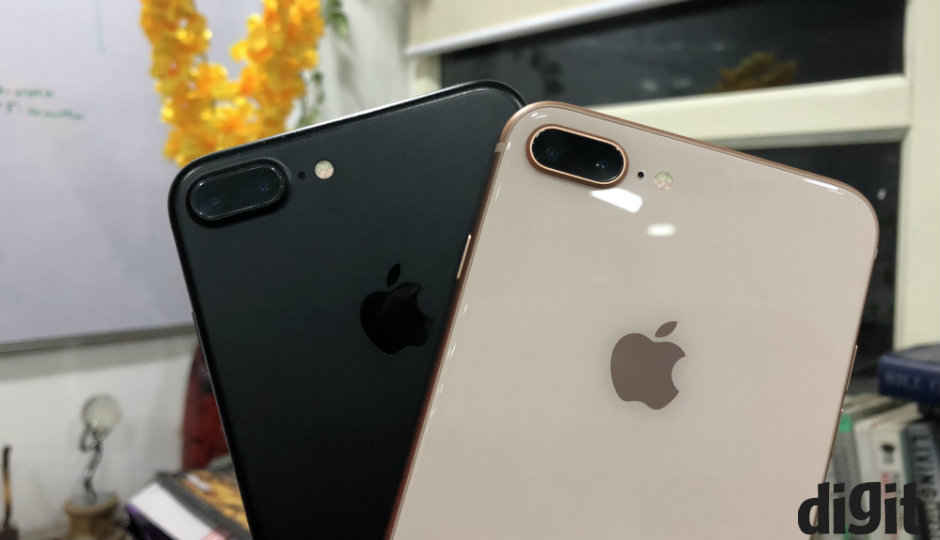Apple admits to slowing down older iPhones, faces lawsuit
Apple has admitted that it uses software updates to slow down the performance of older iPhones. The company has cited battery issues for the same. Apple is now facing lawsuits after confirming it slows down the performance of older iPhone.

We’ve all been complaining about our iPhones slowing down after a software update and suspected that Apple is doing this intentionally. This fact has been confirmed by Apple. The Cupertino giant has acknowledged that it does take measures to reduce power demands by the iPhone which slows the overall performance. There is a reason why Apple does this. Over time, lithium-ion batteries degrade and are unable to provide the peak power required by the phone during high performance. The problems with peak current draws can also occur when batteries are cold (due to the weather) or low on charge.
 Survey
SurveyReuters reports, “When an iPhone's processor makes a big current draw from a flagging battery, the battery can deliver the current in spikes that can potentially damage the phone's electronics. As a result, iPhones would suddenly shut down to protect the pricey processor from being damaged by the power spikes.” The sudden shutdown is something that became a problem back in 2016. This forced Apple to issue a software fix. The result was the slowing down of the iPhone.
In a response to Reuters Apple said, “Last year we released a feature for iPhone 6, iPhone 6s and iPhone SE to smooth out the instantaneous peaks only when needed to prevent the device from unexpectedly shutting down during these conditions. We’ve now extended that feature to iPhone 7 with iOS 11.2, and plan to add support for other products in the future.”
When you do a bunch of activities on the iPhone such as downloading from the App store, watching videos, making a call, multitasking, etc. there is not only strain on the SoC, but on the battery as well to provide enough juice to the processor to ensure smooth functioning of these tasks. Over time, when the battery loses its life, it’s not optimal for the smartphone to drain so much power (peak current draw) from a degrading battery and perform at its peak; hence random shutdowns.
Apple has been hit with a class action lawsuit over the tactic they have implemented resulting in the slow-down of the performance of iPhones. Filed by plaintiff Stefan Bodganovich, the lawsuit is focused primarily on the iPhone 7 that recently received the update to throttle the performance.
9to5Mac reports that, “The plaintiff says that Apple’s decision to slow older iPhones to preserve battery health was “never requested or agreed upon.” Unsurprisingly, he also accuses Apple of using this feature as a ploy to push more users to upgrade every year. Bodganovich is seeking damages as payments to affected users, and he also wants Apple to stop the practice altogether.”
Lithium-ion batteries start losing their peak performance after a certain number of cycles and are also affected based on the weather conditions. We have all faced battery issues with our smartphones and laptops over the years. Whether Apple is doing the right thing by throttling performance to ensure no random shutdowns happen is debatable. The fact that the company didn’t admit to this earlier does question their ethics.
With a slowdown in the performance of the iPhone a lot of customers just go and get a new iPhone. Replacing an iPhone battery isn’t easy as customers can’t do it themselves. The battery is also not covered under Apple’s warranty.
Digit NewsDesk
Digit News Desk writes news stories across a range of topics. Getting you news updates on the latest in the world of tech. View Full Profile